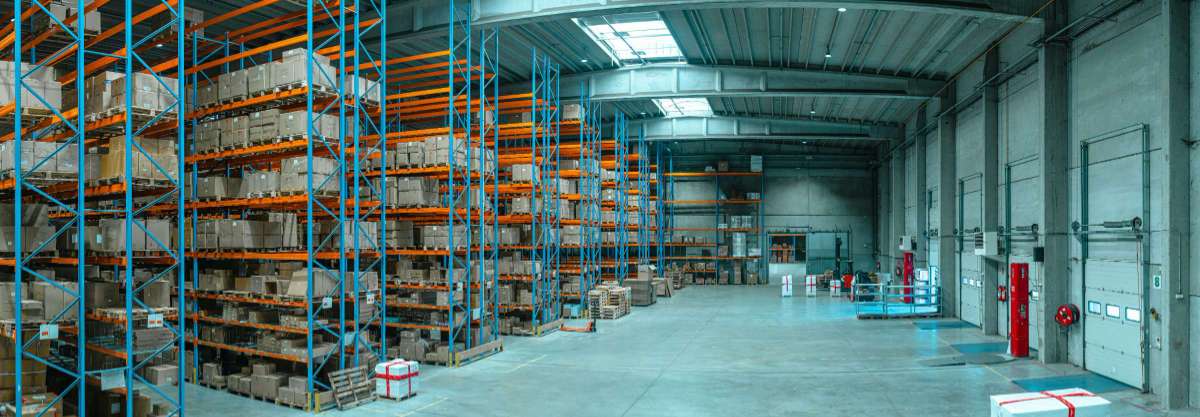Smart Sensors: The Tiny Devices Making a Big Impact
6 min read
28 Aug 2025
Smart sensors represent a critical component of the Internet of Things (IoT), enabling the collection of real-time data for various applications. This article explores the functionality, applications, and transformative impact of smart sensors across industries and everyday life.
Understanding Smart Sensors

Functionality: Detecting and measuring physical properties such as temperature, pressure, motion, light, and chemical composition.
Integration: Connecting to IoT platforms and networks to transmit data for analysis, monitoring, and decision-making processes.
Advancements: Incorporating miniaturization, wireless connectivity, energy efficiency, and artificial intelligence to enhance capabilities and performance.
Applications Across Industries
Healthcare: Monitoring patient vital signs, tracking medication adherence, and enabling remote health monitoring for chronic disease management.
Automotive: Enhancing vehicle safety with collision detection, tire pressure monitoring, and driver assistance systems.
Smart Homes: Automating lighting, HVAC systems, security cameras, and appliances for energy efficiency and convenience.
Industrial IoT (IIoT): Optimizing manufacturing processes with predictive maintenance, asset tracking, and quality control.
Transformative Impact
Data-Driven Insights: Providing actionable insights for businesses, governments, and individuals to improve operational efficiency, safety, and resource management.
Environmental Monitoring: Monitoring air and water quality, weather conditions, and pollution levels to support environmental conservation efforts.
Precision Agriculture: Optimizing crop yield, water usage, and soil health through real-time monitoring of environmental conditions and crop growth.
Smart Cities: Improving urban planning, traffic management, public safety, and infrastructure maintenance with data from interconnected sensors.
Challenges and Considerations
Data Security: Ensuring secure data transmission and storage to protect sensitive information from cyber threats and unauthorized access.
Interoperability: Overcoming compatibility issues between different sensor types, IoT platforms, and legacy systems.
Scalability: Addressing scalability challenges to support the deployment of large-scale sensor networks in diverse environments and applications.
Future Outlook
As smart sensors continue to evolve with advancements in technology and deployment, their integration into everyday life and industrial processes will deepen. With ongoing innovation and adoption, smart sensors are set to play a pivotal role in driving the next wave of digital transformation and innovation across industries.
FAQs
More Articles

Fleet Management: The Secret to Efficient Operations
6 min read | 02 Sep 2025

Logistics Technology: The Innovations You Can't Afford to Ignore
6 min read | 01 Sep 2025

Digital Supply Chain: The Future of Logistics and Distribution
7 min read | 31 Aug 2025

Predictive Maintenance: How to Save Millions with AI
7 min read | 30 Aug 2025
More Articles

Regulation or Innovation? Navigating the Legal Landscape of Blockchain
7 min read | 03 Sep 2025

Security Concerns in the Blockchain Landscape: Mitigating Risks and Building Trust
7 min read | 02 Sep 2025

Blockchain's Scalability Challenge: Can it Handle Mass Adoption?
6 min read | 01 Sep 2025

Blockchain Use Cases Beyond Finance: Healthcare, Real Estate, and More
5 min read | 31 Aug 2025
